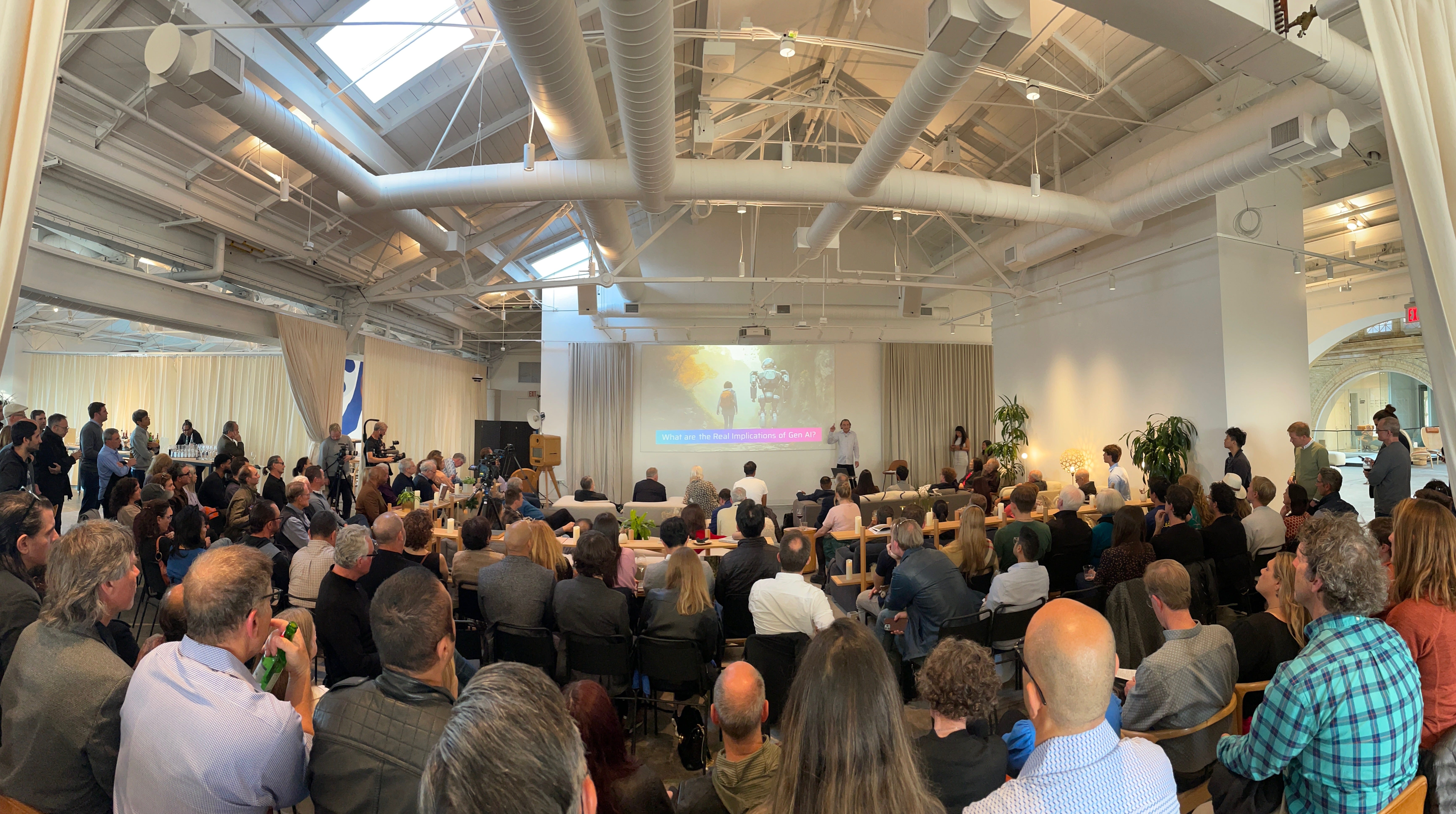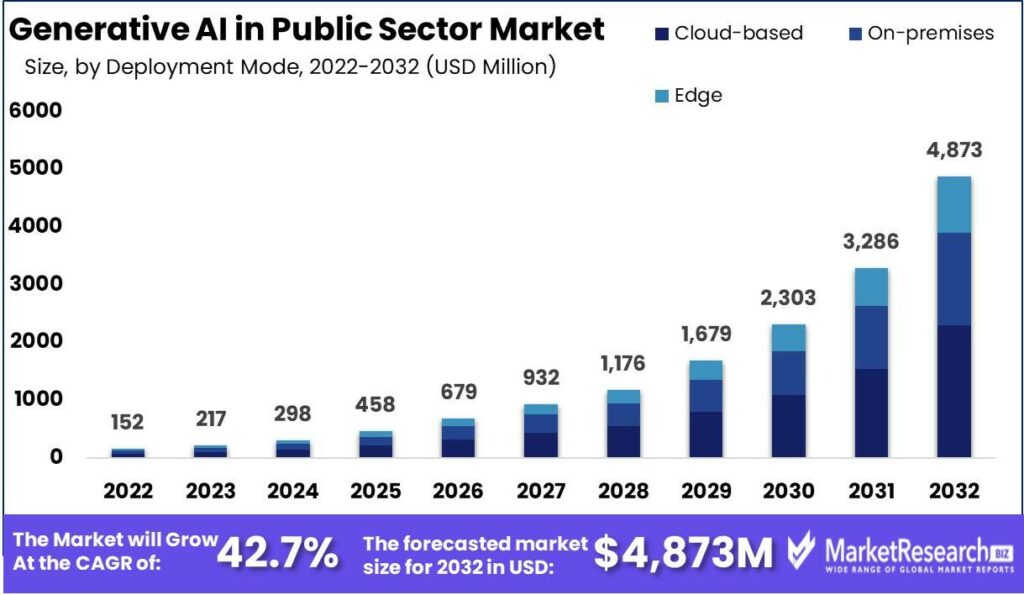Moody’s Investors Service said in a research released on Friday that generative artificial intelligence, when paired with other existing AI technologies, has the potential to alter the way firms and individuals work.
It has the potential to close skill shortages, contribute to long-term economic growth, and handle demographic issues, particularly in nations with an aging population.
According to the paper, wider use can also stimulate technical innovation, initially favoring services and creative industries but eventually expanding across most sectors.
RELATED: Resurrecting The Dead Using Generative AI Will Put A Burden On The Living
Economies that are unable or unwilling to promote widespread use of generative AI applications risk losing competitiveness, which will have a detrimental impact on long-term growth. Some countries, for example, have prohibited the use of ChatGPT due to ethical and privacy concerns.

However, widespread usage of generative AI may result in job losses in both advanced and emerging economies. As a result, governments will have to weigh the benefits of widespread adoption against the expected social pressures.
“The most vulnerable economies will be those with large service sectors and high labor costs.” Political tensions may arise, putting governments in a bind when it comes to AI legislation. “Ethical and security issues, including technology misuse, are additional risks,” the rating agency stated in the study.
RELATED: Google Cloud Is Collaborating With The Mayo Clinic To Extend The Use Of Generative AI In Health Care
According to the paper, the economic impact of generative AI may take time to become evident, and advances will likely take time to filter through to economic growth.
This is due to the fact that any increase in productivity would “involve material changes to companies’ internal business processes and the way services and goods are produced.” It will also be determined by how quickly generative AI spreads throughout entire countries and corporate sectors.

Currently, technology development is focused in a few giant firms centered in the United States, the world’s largest economy.
According to the paper, countries and businesses with easy access to generative AI would outperform, potentially exacerbating inequality.
ChatGPT from Microsoft-backed OpenAI and Bard from Google are two front-runners in the emerging industry. This month, the Abu Dhabi government-supported research institute Technology Innovation Institute introduced Falcon 180B, an enhanced version of its flagship language model, to boost the region’s generative AI capabilities.
RELATED: According To Zuckerberg, Meta Will Include Generative AI Into All Of Its Products
The UAE will host the Dubai Assembly for Generative AI next month, with the goal of shaping the future of AI and introducing governments and societies to the opportunities it brings.

“Barriers to entry are high because developing the technology is expensive, and large data sets are required to effectively train the models.” “The macroeconomic benefits may be fewer if the technology is not widely or easily accessible, is too expensive to adopt, or if access to it is restricted due to corporate or national and geopolitical interests,” Moody’s stated.
According to a new McKinsey report, generative AI may add over $4.4 trillion to the global economy each year and improve productivity across industries if ongoing investment is made in the technology.
It has “enormous” economic potential and could boost global labor productivity growth by more than one percentage point per year over the next decade, according to Goldman Sachs in a July research.
RELATED: Generative AI And The Ensuing Computer Human Whisperer
AI-related investment could reach 4% of GDP in the US and 2.5 percent of GDP in other AI-leading countries during the next decade, according to the report.

In the short term, AI investment might surge in the coming years, topping $100 billion in the United States and $200 billion globally by 2025, according to the paper.
According to Moody’s, an effective regulatory framework overseeing the use of generative AI is required to address social, political, and policy challenges. To maximize benefits while minimizing misuse, generative AI-related challenges such as ethics, transparency, privacy, and security must be addressed.
However, controlling the technology’s use will be “difficult and complex,” according to Moody’s.
“This is due to generative AI models’ inherent complexity and surprising power.” Because it generates original information, regulators may be unable to fully guarantee or truly evaluate the behavior or output of such models before they are implemented.”
According to the analysis, governments with strong institutions and policies are better positioned to build credible regulatory frameworks.
Download The Radiant App To Start Watching!
Web: Watch Now
LGTV™: Download
ROKU™: Download
XBox™: Download
Samsung TV™: Download
Amazon Fire TV™: Download
Android TV™: Download

